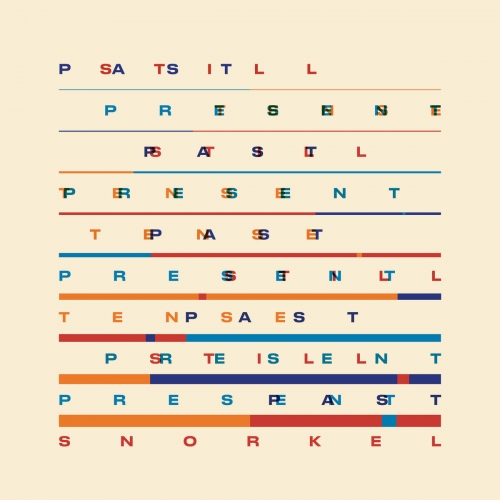Alexei Lubimov, Ivan Monighetti - Valentin Silvestrov: Three Sonatas for Piano, Sonata for Violoncello and Piano (1992)
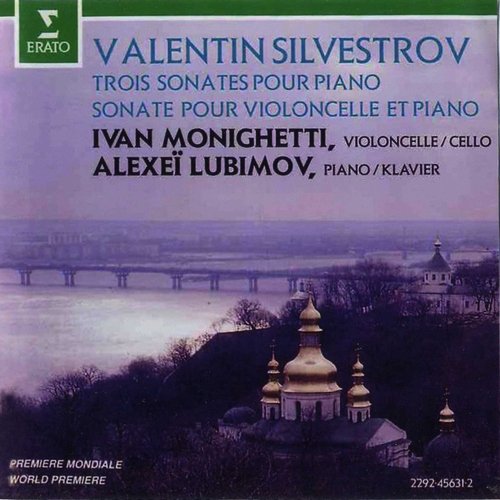
Artist: Alexei Lubimov, Ivan Monighetti
Title: Valentin Silvestrov: Three Sonatas for Piano, Sonata for Violoncello and Piano (1992)
Year Of Release: 1992
Label: Erato
Genre: Classical
Quality: FLAC (image+.cue,log,scans)
Total Time: 01:09:57
Total Size: 204 Mb
WebSite: Album Preview
Tracklist: Title: Valentin Silvestrov: Three Sonatas for Piano, Sonata for Violoncello and Piano (1992)
Year Of Release: 1992
Label: Erato
Genre: Classical
Quality: FLAC (image+.cue,log,scans)
Total Time: 01:09:57
Total Size: 204 Mb
WebSite: Album Preview
01. Sonate № 2 (1975)
pour piano/for piano/fur Klavier
(Dediee a/dedicated to/gewidmet: Alexei Lubimov)
Moderato stringendo
02. Sonate № 3 (1979)
pour piano/for piano/fur Klavier
(Dediee a/dedicated to/gewidmet: Valery Matioukhine)
Preludo - Fuga - Postludio
03-04. Sonate № 1 (Rev.1972)
pour piano/for piano/fur Klavier
(Dediee a/dedicated to/gewidmet: Stanislav Verodine)
Moderato, con molto attenzione
Andantino
05. Sonate pour Violoncelle et Piano (1983)
Sonata for cello & piano/Sonate fur Cello & Klavier
(Dediee a/dedicated to/gewidmet: Ivan Monighetti)
Andante - Allegro vivace - Animato dolce - Allegro vivace
The pianist Alexei Lubimov has championed the music of those Soviet composers who explored an avant-garde style in the 1960s under the influence of the West, but then retreated from high modernism and sought a new style that could both offer a way forward and still allude to the sentimentality of the Classical and Romantic eras. The Ukrainian composer Valentin Silvestrov is a famous example of such a career arc, and here Lubimov performs his first three sonatas for solo piano, followed by a sonata for cello and piano where Ivan Monighetti appears.
The first piece we get here in fact predates Silvestrov's modernist apogee to a degree, as the Piano Sonata No. 1 was written in 1960, though Silvestrov revised it a decade later. A mainly tranquil work, it shows Silvestrov's love of nostalghia, wistfulness, and restraint already fully formed. In terms of its harmonies, this is one of innumerable works of the period that take Shostakovich as the vanguard of musical expression, though perhaps Silvestrov was only just aware of Berg. This is not a major work, but it is well-crafted and holds my attention for its 16-minute span over two movements marked Moderato "con molto attenzione" and Andantino.
When it comes to Silvestrov's straight-up avant-garde pieces of the Sixties and early Seventies, which aren't reflected on this disc, and his softer late style, I figured that there must have some transitional works, though I hadn't yet found one. The Piano Sonata No. 2 (1975) acts as such a bridge. It begins in the pointillistic style of late Webern with its wide leaps, and the pianist even uses extended techniques like strumming the strings directly. As the work precedes, it takes on an increasingly traditional tonality, and what's more, an elegiac quality. Eventually one begins to hear what would become a key gesture for this composer: again and again, a heavy, ponderous chord is followed by a fleeting arpeggio. The Piano Sonata No. 3 (1979) is in much the same style with those same distinct Silvestrov gestures, but to my ears this is a considerable bleaker work.
Finally, with the Sonata for Cello and Piano (1983) we have come to a sort of maturity in Silvestrov's post-avant garde career. The opening of the work is like an opium dream, a haze of gentle melodies that follow one after the other, with triplet patterns especially asserting themselves. There is no sense of development; this is music that seems to exist without any before or after. Eight minutes in, the tempo quickens, the music rumbles in the bass range. Suddenly there is much of, if not conflict, at least a sense of urgency. We return to the Romantic fog of the first part of the work, but now the idyll feels broken and a poignant quality reigns. Finally, the work goes out with a return to the strife-torn second section, but this is fractured as the cellist begins to play the material as harmonics, and thus the works doesn't as much evaporate as end.
The Sonata for Cello and Piano has also been recorded on an ECM disc by Anja Lechner and Silke Avenhaus. All in all, I prefer the ECM recording: the performances are just as good as Lubimov and Monighetti, but the sound is superior. There are certain composers whose music fits ECM's cavernous production especially well, and Silvestrov is one of them (Silvestrov's contemporary Alexander Knaifel is another).
Late Silvestrov, especially piano works, tends to refer to two different styles. One consists of weighty "postludes" on the classical tradition, which seem to mourn the loss of a common classical language as the 20th-century split into myriad styles. This kind of music won't be to everyone's taste, but I've derived immense pleasure from some of these, especially orchestral works like Postludium and the Symphony No. 5. The other late Silvestrov consists of bagatelle-like works, which feel empty, utterly vacuous and frankly something of a ripoff for CD buyers. Luckily, the late pieces here all represent the former style and not the latter one; they all have some meat to them.
The first piece we get here in fact predates Silvestrov's modernist apogee to a degree, as the Piano Sonata No. 1 was written in 1960, though Silvestrov revised it a decade later. A mainly tranquil work, it shows Silvestrov's love of nostalghia, wistfulness, and restraint already fully formed. In terms of its harmonies, this is one of innumerable works of the period that take Shostakovich as the vanguard of musical expression, though perhaps Silvestrov was only just aware of Berg. This is not a major work, but it is well-crafted and holds my attention for its 16-minute span over two movements marked Moderato "con molto attenzione" and Andantino.
When it comes to Silvestrov's straight-up avant-garde pieces of the Sixties and early Seventies, which aren't reflected on this disc, and his softer late style, I figured that there must have some transitional works, though I hadn't yet found one. The Piano Sonata No. 2 (1975) acts as such a bridge. It begins in the pointillistic style of late Webern with its wide leaps, and the pianist even uses extended techniques like strumming the strings directly. As the work precedes, it takes on an increasingly traditional tonality, and what's more, an elegiac quality. Eventually one begins to hear what would become a key gesture for this composer: again and again, a heavy, ponderous chord is followed by a fleeting arpeggio. The Piano Sonata No. 3 (1979) is in much the same style with those same distinct Silvestrov gestures, but to my ears this is a considerable bleaker work.
Finally, with the Sonata for Cello and Piano (1983) we have come to a sort of maturity in Silvestrov's post-avant garde career. The opening of the work is like an opium dream, a haze of gentle melodies that follow one after the other, with triplet patterns especially asserting themselves. There is no sense of development; this is music that seems to exist without any before or after. Eight minutes in, the tempo quickens, the music rumbles in the bass range. Suddenly there is much of, if not conflict, at least a sense of urgency. We return to the Romantic fog of the first part of the work, but now the idyll feels broken and a poignant quality reigns. Finally, the work goes out with a return to the strife-torn second section, but this is fractured as the cellist begins to play the material as harmonics, and thus the works doesn't as much evaporate as end.
The Sonata for Cello and Piano has also been recorded on an ECM disc by Anja Lechner and Silke Avenhaus. All in all, I prefer the ECM recording: the performances are just as good as Lubimov and Monighetti, but the sound is superior. There are certain composers whose music fits ECM's cavernous production especially well, and Silvestrov is one of them (Silvestrov's contemporary Alexander Knaifel is another).
Late Silvestrov, especially piano works, tends to refer to two different styles. One consists of weighty "postludes" on the classical tradition, which seem to mourn the loss of a common classical language as the 20th-century split into myriad styles. This kind of music won't be to everyone's taste, but I've derived immense pleasure from some of these, especially orchestral works like Postludium and the Symphony No. 5. The other late Silvestrov consists of bagatelle-like works, which feel empty, utterly vacuous and frankly something of a ripoff for CD buyers. Luckily, the late pieces here all represent the former style and not the latter one; they all have some meat to them.
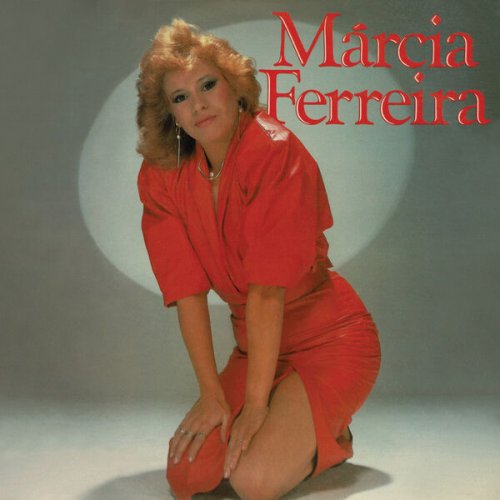
![Noé Sécula - A Sphere Between Other Obsessions (2025) [Hi-Res] Noé Sécula - A Sphere Between Other Obsessions (2025) [Hi-Res]](https://www.dibpic.com/uploads/posts/2025-12/1766108017_sej880ryk23va_600.jpg)
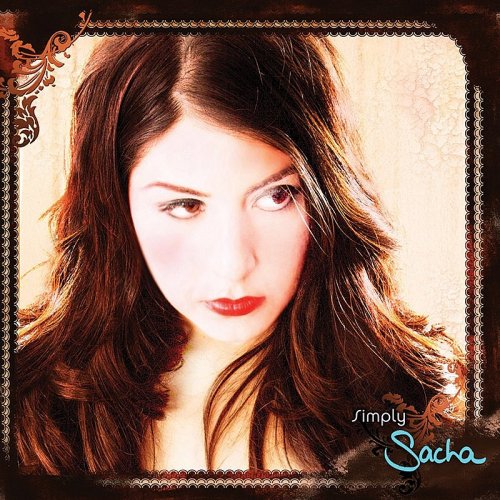
![Frank Sinatra, Count Basie - It Might As Well Be Swing (1964) [2021 SACD] Frank Sinatra, Count Basie - It Might As Well Be Swing (1964) [2021 SACD]](https://www.dibpic.com/uploads/posts/2025-12/1766090910_scan-1.jpeg)

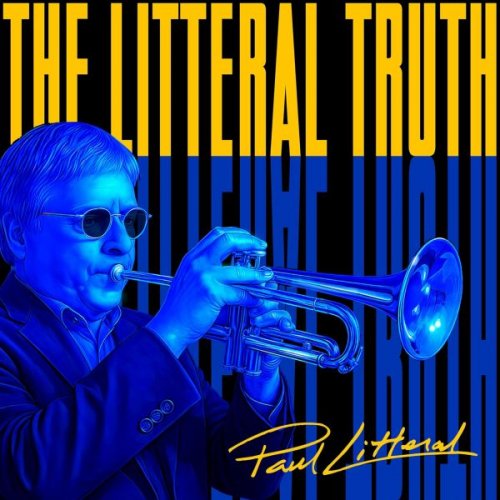
![The Mood Mosaic - Spaghetti Groove (The Italian Psychedelic Way) (2025) [Hi-Res] The Mood Mosaic - Spaghetti Groove (The Italian Psychedelic Way) (2025) [Hi-Res]](https://www.dibpic.com/uploads/posts/2025-12/1766134183_k1k4hhixemtxa_600.jpg)
